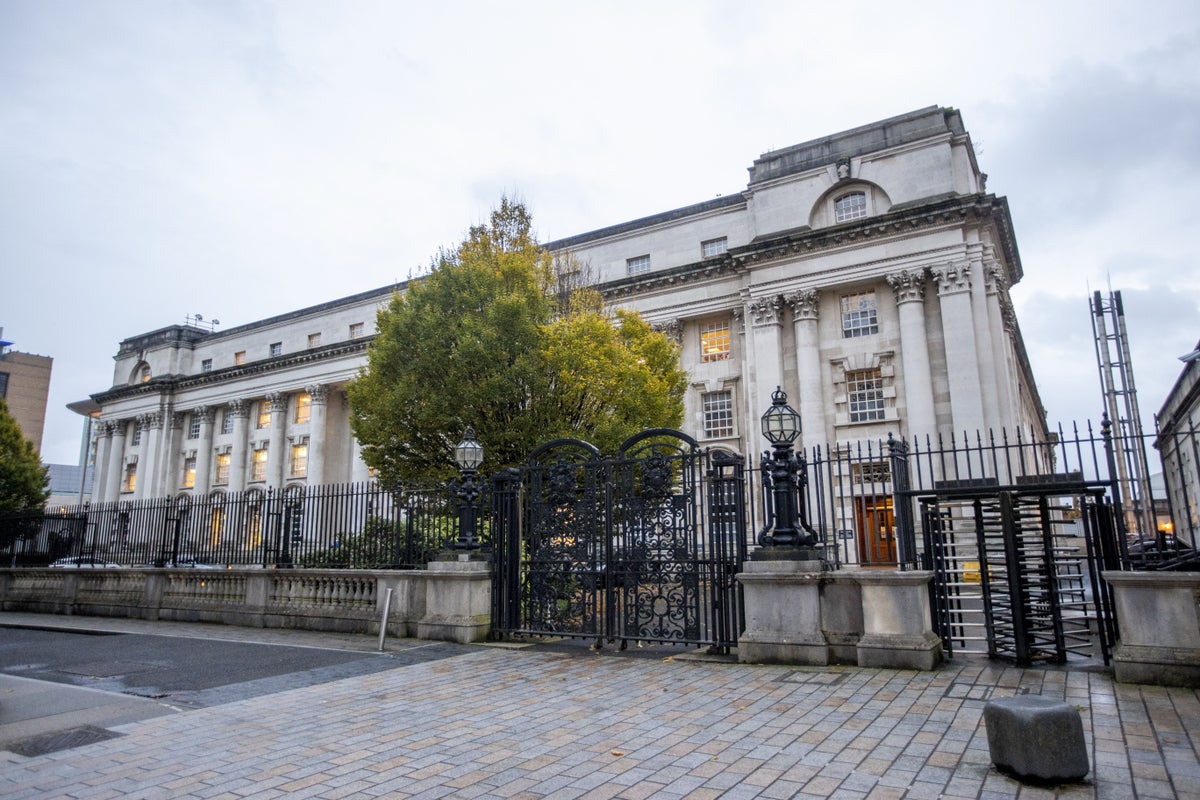
A series of legal challenges to the UK Government’s new legacy legislation are set to be mentioned at the Royal Courts of Justice in Belfast later.
The Northern Ireland Troubles (Legacy and Reconciliation) Act received royal assent on Monday despite widespread opposition from political parties, victims’ organisations in Northern Ireland and the Irish Government.
The most controversial aspects of the laws include a limited form of immunity from prosecution for Troubles-related offences to those who co-operate with the new Independent Commission for Reconciliation and Information Recovery.
It will also halt future civil cases and inquests.
Northern Ireland Secretary Chris Heaton-Harris has said the act provides a “real opportunity to deliver greater information, accountability and acknowledgement to victims and families”.
But multiple judicial review challenges to the act have been mounted on behalf of people who were bereaved in Northern Ireland’s troubled past.
Several people who had inquests, independent investigations or civil claims pending have backed the challenges.
Legal firms Madden & Finucane, KRW Law, O Muirigh Solicitors, Phoenix Law and victims campaigner Raymond McCord are among those who have already announced legal action over the legislation.
On Tuesday, Mr McCord said he had a “constructive and positive” meeting with advisers to Taoiseach Leo Varadkar.
“The Irish government has been made aware of my challenge to the Legacy Act as well as other victims’ challenges,” he said.
“No indication has been given around what action the Irish government will take.
“My legal team and I will concentrate on my case in court in Belfast.”
Solicitor Padraig O Muirigh said his office lodged judicial review proceedings on behalf of four clients challenging the lawfulness of the act.
“Our office represents hundreds of individuals and families who will be adversely impacted by this draconian legislation,” he said.
“It is our view that the act is unlawful and is a clear breach of the European Convention of Human Rights, of which the British Government is a signatory, and international human rights standards.
“We will also be lodging applications to the European Court of Human Rights in Strasbourg on behalf of individuals and families in the coming weeks.”







